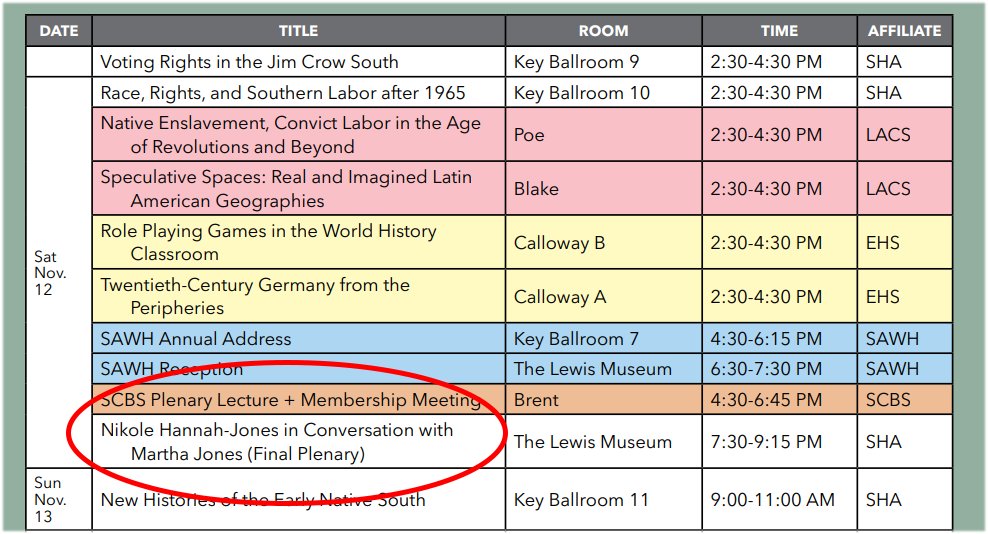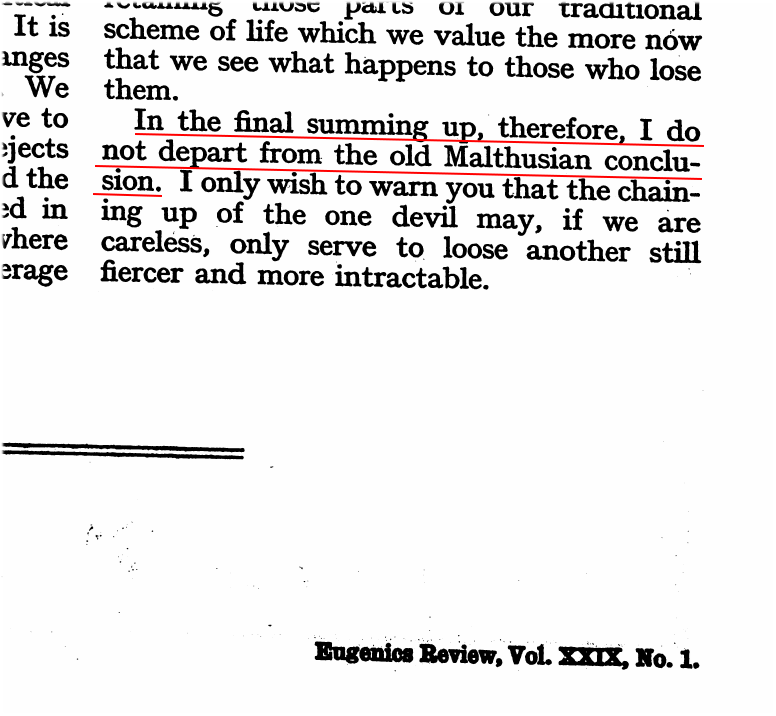
Defenders of the #1619Project repeatedly excuse its sloppiness by claiming that it is a work of "journalism, not history."
Fine. Let's grant that.
Now tell me: why are academic history organizations such as @TheSouthernSHA featuring it as the plenary at its 2023 conference?
Fine. Let's grant that.
Now tell me: why are academic history organizations such as @TheSouthernSHA featuring it as the plenary at its 2023 conference?

If it is "journalism, not history" then it has no place being the centerpiece of a scholarly history conference.
If it is history as signified by its promotion at scholarly history conferences, then it must - necessarily - be held to scholarly standards instead of "journalism."
If it is history as signified by its promotion at scholarly history conferences, then it must - necessarily - be held to scholarly standards instead of "journalism."
Right now the 1619 Project is engaged in a terminological sleight of hand to insulate itself from scholarly criticism while also attempting to benefit from the imprimatur of scholarly history, such as the SHA.
This is dishonest. And those promoting it are complicit in dishonesty
This is dishonest. And those promoting it are complicit in dishonesty
Why does this matter? Because @nhannahjones has exactly ZERO scholarly works on slavery & American history. If you're going to put her forward as an "expert" on those subjects nonetheless, then her work needs to be judged by scholarly standards. Thus far, it has failed that test.
@nhannahjones If on the other hand you want to excuse the 1619 Project's factual errors, sloppiness, & complete lack of scholarly peer review by invoking the cover of "journalism," then quit giving it unearned scholarly cover. @EHerbinTriant @nancy_bercaw as SHA program chairs, this is on you.
• • •
Missing some Tweet in this thread? You can try to
force a refresh











